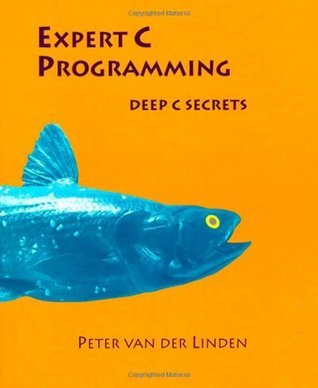What do you think?
Rate this book


353 pages, Paperback
First published June 24, 1994
Some people claim that C++ classes will revolutionize software reuse. Reuse is a nebulous goal in software. Inheritance is not necessarily the panacea that it seems. Those with long memories are reminded of inflated claims made for Ada a decade ago. Let's make an analogy by saying that a computer program is like a book. Then you have libraries of both. And you want to reuse some routines in one of your programs. This corresponds to some paragraphs in the book.
The problem is that you can't create any kind of new worthwhile text by cutting and pasting entire paragraphs from other books. The level of abstraction is wrong. You can share text on the level of individual words or letters (this corresponds to individual lines of code or characters), but the effort involved in laboriously cutting them out is higher than the effort involved in deriving them afresh for the new work. And in just the same way, software reuse at the library level has empirically turned out to be less than originally envisioned.